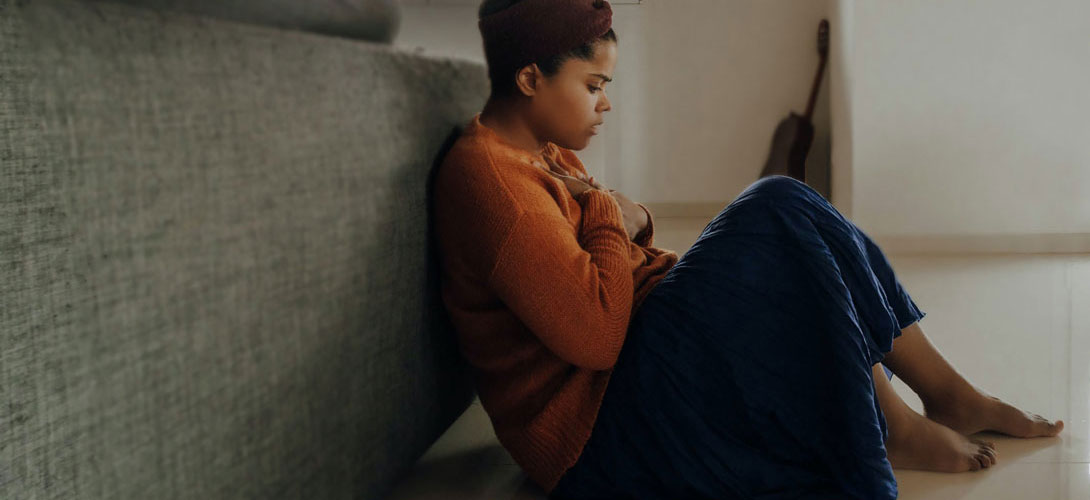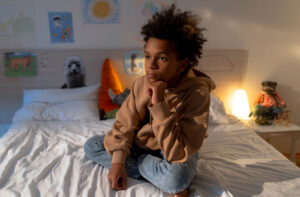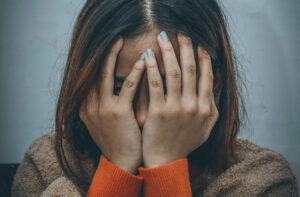
If someone doesn’t want to go to an event or prefers to spend time alone, they might casually joke that they have social anxiety.
However, what’s more likely is that they are an introvert. Signs that you are an introvert include:
- Being reflective
- Being self-aware
- Taking time making decisions
- Feeling comfortable being alone
- Disliking group work
- Preferring to write rather than talk
- Feeling tired after being in a crowd
- Having few friendships but being very close with those friends
- Daydreaming or using their imaginations to work out a problem
Being an introvert is not a constant state either. People can feel more or less introverted some days over others, depending on how they feel or what is going on in their lives at any given time.
Being introverted is not the same as having social anxiety. The first is a personality type while the second is a recognised disorder, also referred to as social phobia.
It can occur for big events or smaller, more everyday scenarios like public speaking, taking the bus or train, job/college interviews or meeting new people.
Social anxiety can come with a range of physical symptoms such as:
- Blushing
- Sweating
- Feeling dizzy or lightheaded
- Increased heart rate
- Nausea
However, it’s the psychological symptoms that cause the most suffering for people as they spend hours, days or even weeks worrying about an upcoming social occasion and how they will get through it.
Psychological symptoms include:
- Intense worry over social situations
- Avoiding social occasions
- Turning to alcohol or drugs to help you cope with the event
- Calling in sick to work or school due to your anxiety
- Fear that your anxiety will be misconstrued as unfriendly or rude
While the exact cause of social anxiety is not known, the most recent studies believe that it is a mix of environmental factors, genetics and negative experiences including bullying, family conflict and/or sexual abuse.
There’s no specific cure for social anxiety but there are things you can do to get better at adapting to social environments and managing your anxiety within them.
- Lean into the anxiety – it’s rarely as bad as you think it’s going to be
- Give yourself a time frame – knowing that there is a specific end time should make it less stressful
- Take breaks if or when you can – eg. if you’re at a birthday party, go to the bathroom or step outside the building for some fresh air to regroup and take some deep breaths.
- Have an exit plan – organise exactly how and when you’re going to leave the event, who you need to speak to and your mode of transport.
- Treat yourself – what you’re doing is a big ordeal for you so treat yourself to some self-care after the event has passed.



